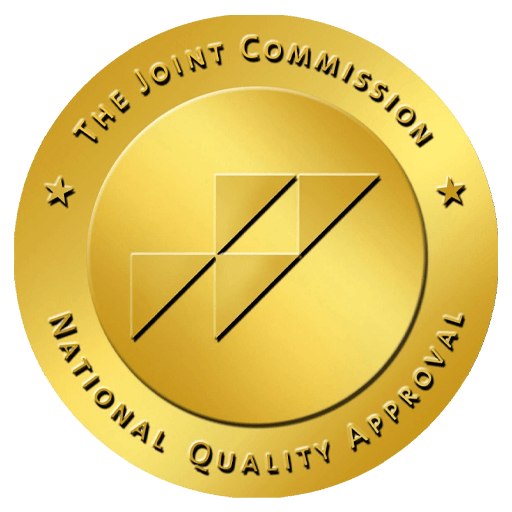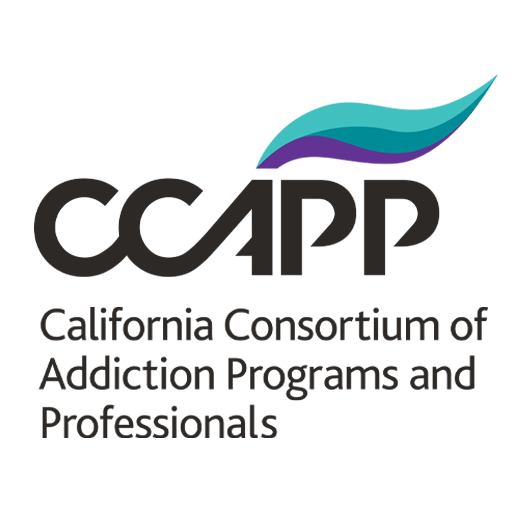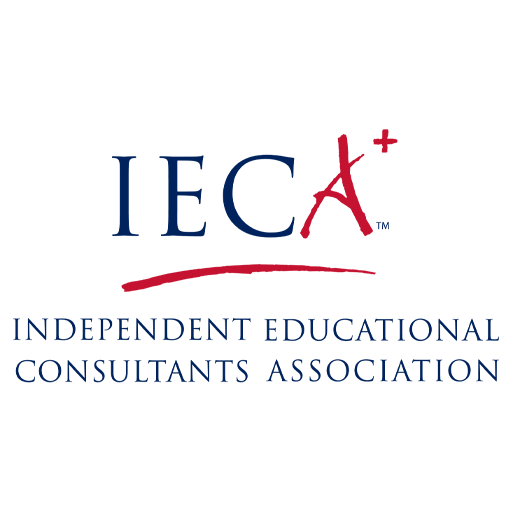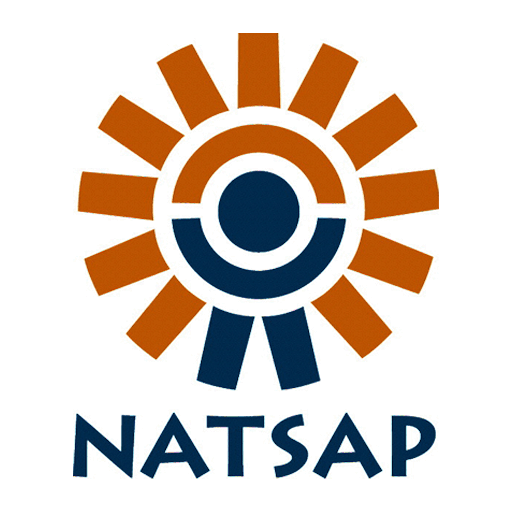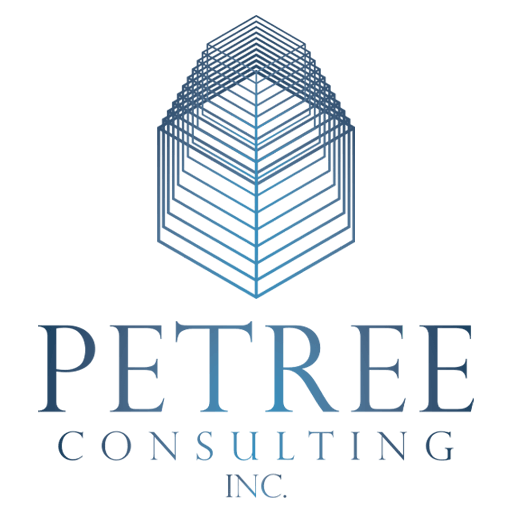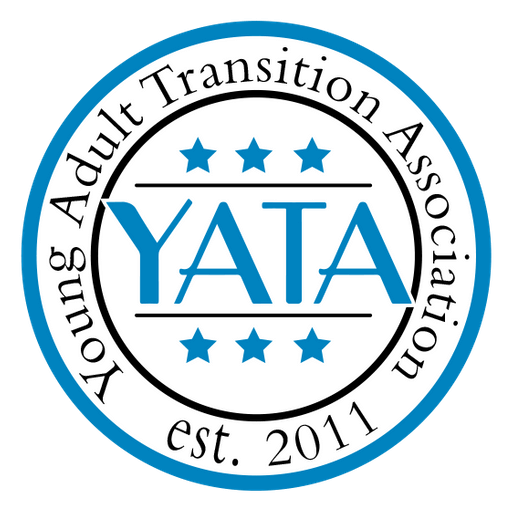Exploring Encino Substance Abuse Disorders
Encino substance abuse disorders present a multifaceted challenge for those affected and the professionals who endeavor to help. This community nestled in the San Fernando Valley is not immune to the complex issues surrounding substance abuse, which often intertwine with mental health concerns. The journey to recovery is fraught with difficulties, but understanding the local landscape can be a crucial first step for anyone involved.
What Qualifies as a Crisis in Encino Substance Abuse Disorders?
An Encino substance abuse disorder crisis typically involves scenarios where individual safety is at risk or when addictive behaviors result in severe physical, emotional, or social harm. These crises can include overdose, aggressive behavior due to intoxication, or severe withdrawal symptoms.
- Identify the signs of severe intoxication or overdose, such as difficulty breathing or unconsciousness.
- Immediately seek medical attention by calling 911 if someone is in immediate danger.
- Provide ongoing support and contact professional addiction services for a long-term solution.
Journey Beyond Diagnosis
For over two decades, my work at My Limitless Journeys has brought me face-to-face with the raw struggles of encino substance abuse disorders. Over the years, I’ve seen the power of an accurate diagnosis transform lives. Yet, a dual diagnosis approach, acknowledging both addiction and co-occurring mental health disorders, is pivotal.
When treating clients, my first task is to delve deep into their history to understand potential underlying issues–be it unresolved trauma, anxiety, or depression. We’ve designed our treatment programs to combat these root problems, making recovery not just a fleeting phase but a sustainable journey of transformation.
One of our clients, Michael, was initially hesitant about therapy. Yet, as we progressed, he acknowledged past trauma as a catalyst for his addiction. This realization was a turning point and highlighted the importance of mental health awareness in treating substance abuse.
Holistic Recovery Approach
At My Limitless Journeys, our holistic methodologies have garnered significant success stories. We believe that encino substance abuse disorders should be addressed beyond the mere cessation of substance usage. For instance, our programs integrate physical, emotional, and spiritual healing processes, aiming for complete restoration.
Our approach encompasses:
- Detoxification services to safely manage withdrawal symptoms.
- Customized residential treatment plans tailored to individual needs.
- A nurturing alumni network ensuring long-term sobriety support.
- Relapse prevention strategies focusing on life skills development.
Our emphasis on community, combined with professional therapy, aids in rebuilding the connections many lose during addiction. One must not overlook the power of peer support in the recovery process.
Challenges and Solutions in Encino
In Encino, the journey to combat substance abuse is often arduous. Common challenges include stigma, accessibility to treatment facilities, and the pervasive nature of addiction. Yet, with community-driven initiatives, these obstacles can be transmuted into opportunities for change.
One effective solution we’ve implemented is engaging local community groups in raising awareness. By organizing workshops and seminars, we educate families and individuals about the realities and treatment options for encino substance abuse disorders. It’s heartening to see community members rally together, breaking the chains of stigma and ignorance.
Another critical element is accessibility. We’ve partnered with local health facilities to offer sliding-scale options, ensuring financial constraints don’t become a barrier. By leveraging technology, teletherapy has become a viable option, broadening reach and maintaining constant contact with those on their recovery journey.
These solutions, though not exhaustive, represent progress. Together, Encino substance abuse disorders can be tackled effectively, promoting a healthier community.


